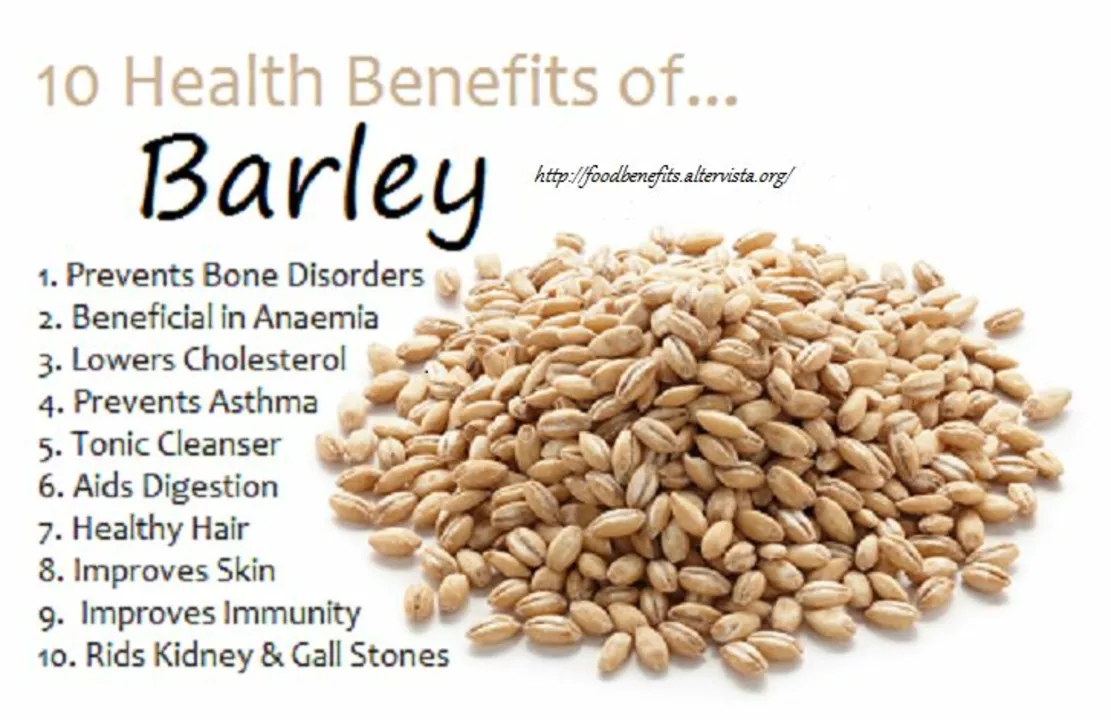Superfood Guide: Real Benefits, Risks, and How to Use Them Safely
Heard a new “superfood” is a cure-all? Slow down. Some ingredients like black mulberry or lentinan show real benefits; others are mostly buzz. This page helps you tell the difference, use what works, and avoid common risks.
How to spot useful superfoods (and ditch the hype)
Start with evidence, not ads. If a supplement has multiple good studies — like lentinan for immune support in some clinical contexts — that’s worth attention. If claims come from one small trial or only customer testimonials, treat it cautiously. Look for clear ingredients, tested doses, and transparent manufacturers.
Check safety signals next. Natural doesn’t mean harmless. Rose geranium oil might help mood or skin for some people, but essential oils can irritate skin or interact with meds. If a product affects blood sugar, blood pressure, or clotting, talk to your doctor first. Black mulberry, for example, has compounds that may influence blood sugar — useful for some, risky for others on diabetes meds.
Practical rules before you buy or try anything
1) Know the dose. Labels often hide active amounts. A capsule named after a plant may contain tiny, ineffective extracts. Compare doses in studies to what the supplement actually provides.
2) Watch for interactions. Supplements can change how prescription drugs work. If you take blood thinners, antidepressants, or diabetes meds, check interactions or ask a pharmacist.
3) Buy smart. Use reputable sellers that show third-party testing or certificates. Cross-border bargains can be tempting, but customs and legal rules vary. If you order internationally, know the risks and verify the product’s origin.
Ready to try a superfood? Start small and track results. Give a product several weeks if the benefit is gradual, like mood or digestion. For quick-acting items, stop if you get side effects. Keep a simple log: dose, time of day, effects, and any problems.
Combine with real food. Whole foods matter more than any pill. Add black mulberries to yogurt, use nutrient-rich meals as the base, and treat supplements as extras—not replacements for balanced eating.
Special cases: some supplements are context-specific. Strontium appears in bone health products but has trade-offs; use under medical advice. Lentinan comes from shiitake and has research in immune settings, often within medical care. Don’t self-prescribe complex options.
Finally, ask questions. Who made this product? Is the dose backed by research? Could it interact with my meds? If answers are vague or the seller avoids specifics, skip it.
This tag collects practical reads on popular superfood topics: black mulberry benefits, rose geranium oil uses, lentinan, and smart buying advice. Use the articles here to compare evidence, safety, and real-world tips before you decide.
Want a quick recommendation? Focus on proven, low-risk options first — fiber-rich berries, vitamin D if you’re low, and omega-3s from food or trusted supplements. For everything else, get the facts, test carefully, and keep your doctor in the loop.
Broom Corn: The Secret Superfood You Need to Add to Your Diet Today!

I just discovered broom corn, a secret superfood that you need to add to your diet today! Broom corn is packed with nutrients like vitamins and minerals, and it's gluten-free, making it perfect for those with dietary restrictions. This versatile grain can be used in a variety of dishes, from salads to stir-fries. Plus, it's eco-friendly, since it requires less water to grow compared to other grains. Give broom corn a try and boost your health while enjoying delicious meals!
